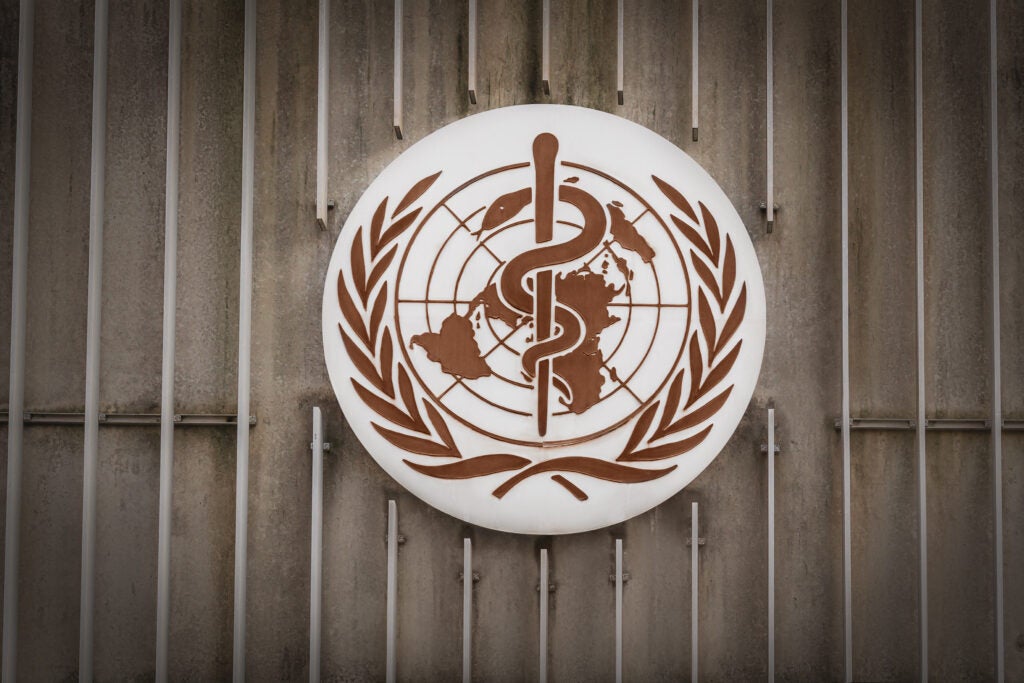On Jan. 20, President Donald Trump signed an executive order withdrawing the U.S. from the World Health Organization (WHO)—a move that, according to Harvard T.H. Chan School of Public Health’s Jesse Bump, will put the country and world at heightened risk of public health crises.
Bump, a lecturer on global health policy and executive director of the Takemi Program in International Health, spoke to Verywell Health and NPR’s Marketplace about the decision, which will take a year to go into effect.
“WHO is supposed to coordinate international and global disease responses, so we won’t be a part of that,” Bump said in the Jan. 22 Verywell Health article. “We won’t be part of the information sharing network or various coordination efforts … and it seems that the Trump administration is not planning to leave any observers or maintain a liaison office, so it’s unclear if we will have any relationship [with the WHO] at all.”
The U.S. contributes the most of any country to the WHO’s budget, as well as significant knowledge, data, and staff, Bump said in Marketplace’s Jan. 22 report. As a result of fewer funds and shared resources, “public health disasters that don’t have to happen will happen, because those capacities aren’t there anymore.”
Domestically, these disasters could include outbreaks of various infectious diseases already on the rise due to waning vaccination rates. “If the U.S. is no longer receiving news from WHO or its member states, that would mean we’re more vulnerable to importing diseases spreading elsewhere,” Bump told Verywell Health. “With declining immunization against childhood diseases, it’s more likely we would have outbreaks of polio, measles, and the like.”
What’s more, withdrawing from the WHO would hamper national and international pandemic preparedness efforts. But Bump doesn’t think that problem will move the Trump administration to reverse course.
“If President Trump became concerned that this decision could harm his economic interests, he might reconsider,” he said. “The COVID-19 pandemic had an economic cost of around $15 trillion here in the U.S. alone, plus 1.2 million confirmed deaths. Public health issues are highly significant in those terms, but President Trump does not view WHO as helpful. Hence, even if we had another pandemic, I would not expect him to reconsider his decision.”
Listen to the Marketplace report: U.S. pullout from World Health Organization would hurt its budget
Read the Verywell Health article: What Leaving the WHO Means for U.S. Public Health











